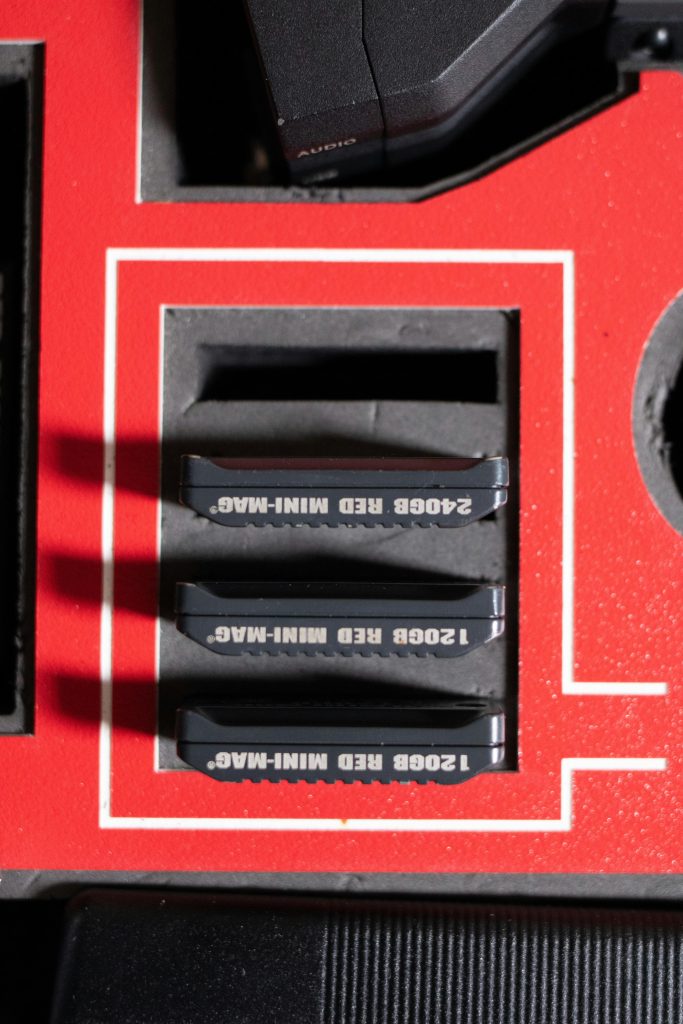Understanding and Troubleshooting Frequent BSOD Errors on Windows 11: A Comprehensive Guide
Introduction
Blue Screen of Death (BSOD) errors can be a significant source of frustration for Windows users. These errors often indicate underlying hardware or software issues that require systematic troubleshooting. In this article, we explore a real-world scenario involving frequent BSODs with various bug checks—including 0x0000003b, 0x0000001e, and 0x00000139—and outline effective steps to diagnose and resolve such problems.
Case Overview
A user recently experienced persistent BSOD crashes over a two-month period. Notably, the only recent hardware change involved replacing the monitors connected to the PC, making it a potential, though unlikely, culprit. The crashes predominantly occurred during system idle, averaging roughly once per day, with occasional periods of stability lasting several days. Post-crash symptoms included prolonged startup times, delays in launching applications like Discord, and sporadic app crashes or freezes—affecting programs such as Steam, Discord, and Firefox.
Initial Troubleshooting Steps
The user undertook several troubleshooting measures to identify the root cause:
-
Monitor Driver Reinstallation: Uninstalled and reinstalled the monitor drivers to rule out driver conflicts.
-
Operating System Reinstallation: Performed both an in-place upgrade and a reset of Windows 11, though BSODs persisted toward the final stages of installation.
-
Memory Test: Ran MemTest from a bootable USB, which revealed no errors, suggesting RAM is likely stable.
-
Hardware Monitoring: Checked system temperatures and utilized Event Viewer logs, but no definitive clues emerged.
-
BIOS Settings Adjustment: Disabled XMP as per advice from community sources, aiming to eliminate memory overclocking issues.
Potential Causes and Symptoms
Given the extensive troubleshooting, the user hypothesizes a CPU-related issue, referencing a known problematic batch of Intel Core i7-14700K processors. The diverse bug check codes point toward multiple possible causes:
-
0x0000003b (SYSTEM_SERVICE_EXCEPTION): Often indicates driver conflicts or system service issues.
-
0x0000001e (KMODE_EXCEPTION_NOT_HANDLED): Typically points to kernel-mode code errors, possibly hardware or driver related.
-
0x00000139 (KERNEL_SECURITY_CHECK_FAILURE): Usually reflects memory issues or driver incompatibilities.
However, with no errors detected in memory testing and
Share this content:



